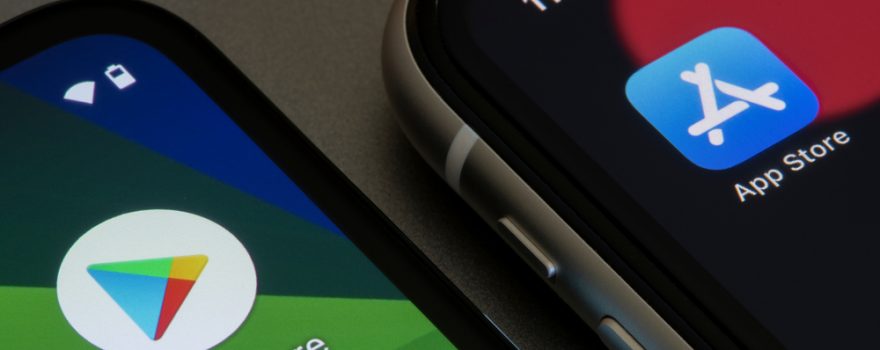
Apple has made a groundbreaking announcement, signaling a departure from its longstanding practice of exclusively distributing iOS apps through its App Store. As per the latest development, developers meeting Apple’s stringent criteria will now have the option to offer their iPhone apps for direct download from their websites, specifically targeting users within the European Union (EU).
This shift marks a significant departure from Apple’s traditional stance on app distribution, which has been characterized by strict control and hefty fees through its App Store ecosystem. The move comes in response to the Digital Markets Act (DMA), a new regulatory framework aimed at fostering competition and fairness in the digital marketplace.
According to a report by TechCrunch, developers will gain access to the third-party download option through the beta 2 release of iOS 17.5. However, this privilege comes with caveats. Developers must agree to Apple’s terms and conditions, including a new “core technology fee” of €0.50 for each first annual installation exceeding 1 million downloads, regardless of the distribution channel.
Furthermore, developers opting for direct web distribution must maintain a positive reputation, commit to handling intellectual property disputes and government removal requests, and provide customer support for iOS users—a service Apple will not offer for externally downloaded apps. Additionally, all apps must adhere to Apple’s notarization requirements, ensuring platform integrity and user security.
The authorization process for direct downloads involves user consent, with iOS devices issuing warnings about app updates and purchases being managed by the developer. While Apple asserts these measures as necessary for security, critics argue that such “fear screens” may deter users from exploring options beyond the App Store, implying greater risk associated with direct downloads.
Despite Apple’s efforts to comply with the DMA and address concerns surrounding app distribution, its approach remains under scrutiny by the European Commission. Recent investigations into Apple’s rules on app steering and fee structures highlight ongoing regulatory scrutiny in the EU.
As this new era of iOS app distribution unfolds, the extent of developer uptake and user adoption remains uncertain. While some developers have expressed interest in the option, its novelty and the continued availability of the App Store as a distribution channel introduce complexities into the landscape.
With the introduction of web distribution and alternative store options, developers now have a broader array of avenues to reach EU users, signaling a significant shift in Apple’s app distribution paradigm within the region.




